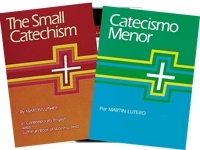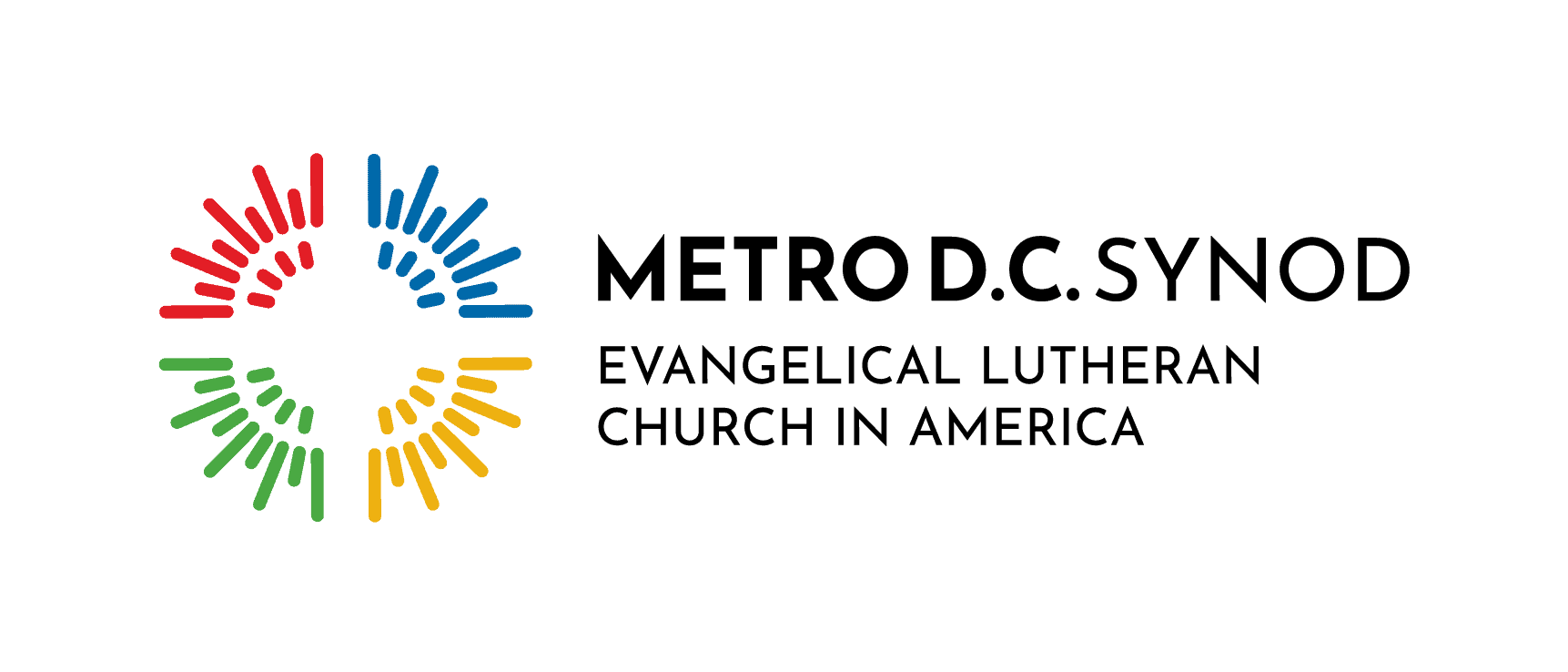Big look at Small Catechism

A MONTHLY MESSAGE FROM THE ELCA PRESIDING BISHOP
Several years ago my husband’s bishop tried initiating a diocese-wide call to the catechumenate to engage those preparing for confirmation in a period of study and formation. We call it confirmation class or catechism, something generations of Lutherans have gone through. But this was a new experience for the Episcopalians in his diocese. He set about developing a curriculum for prospective confirmands, only to encounter resistance. How do Lutherans get participation in multiyear catechetical instruction? I told him: “Five hundred years of hazing.”

The Small Catechism became an important part of faith formation in families. Millions of us throughout the centuries and world have studied and memorized it. Catechism has been a rite of passage in the Lutheran movement. It could be argued that no other experience is more universally Lutheran than studying this little book—not language, not hymnody, not cuisine, not worship style. “What does this mean?” and “This is most certainly true” are two of the most recognizable phrases in Lutheranism.
It’s been said, “Youth is wasted on the young.” I’m not suggesting that studying the catechism isn’t beneficial to middle school students. But confining catechetical instruction to that age group and expecting fully formed disciples at the end of the process is probably a little unrealistic.
All of this has me wondering how we can bring our Lutheran traditions, unashamedly and gratefully, into our relationships with ecumenical and interreligious partners. The ELCA is fully committed to ecumenical and interreligious dialogue. We have six full communion partners: the Presbyterian Church (U.S.A.), the Reformed Church in America, the United Church of Christ, the Episcopal Church, the United Methodist Church and the Moravian Church. As the ELCA, we also claim the evangelical part of our name. Set free by the grace of God through the death and resurrection of Jesus and moved by the Spirit we want to tell everybody the good news.

There was a time in the 1980s when church growth experts urged us to shed denominational identity in favor of more generic, and so appealing, names for congregations. St. Paul Lutheran Church became the Church at Pheasant Run. It’s like selling our inheritance for a mess of marketing pottage. Of course we are baptized into the one, holy, catholic and apostolic church. Of course our identity is in Christ and not in a 16th-century Augustinian monk. But there is something distinctive about our Lutheran voice that needs to be heard in ecumenical and interreligious conversations and in the public square. If we aren’t clear about this we run the risk of sliding into relativism.
It might be time for all of us to dust off our Small Catechisms (or find it in Evangelical Lutheran Worship, 1160) and take another look at the basics of the faith. Staff at the Lutheran Center in Chicago will be doing just that this fall. My guess is that places like Microsoft or McDonald’s take great care in immersing their people into their corporate culture. We are Lutheran Christians. With great humility we can be unapologetic about being Lutheran. It would be wonderful if we as the ELCA prepared for the 500th anniversary of the Reformation in 2017 by studying the Small Catechism together. We have a common language with which to talk about faith, engage Scripture and make sense of our world. Catechism is not just for the young. This is most certainly true.
The Rev. Elizabeth A. Eaton
Presiding Bishop
Evangelical Lutheran Church in America
This column originally appeared in the October 2016 issue of Living Lutheran magazine. Reprinted with permission.


